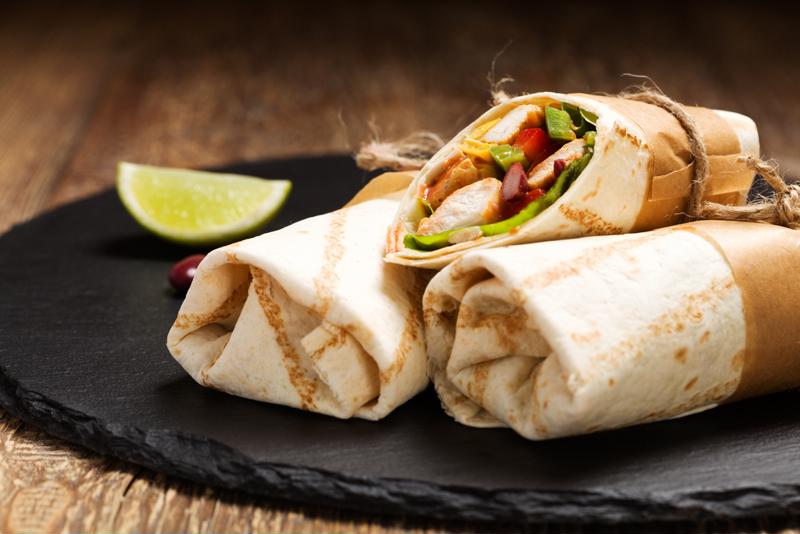While the Chipotle fast-food chain previously boasted about its company-wide commitment to providing its customers with fresh, organic ingredients, hundreds of E.coli and norovirus outbreaks in at least 11 states across the country have quickly lead to customer and industry concern and scrutiny.
Since the first major reported cases of norovirus and E.coli were confirmed during the summer of 2015, the Food and Drug Administration and the Centers for Disease Control and Prevention, along with various other food healthy and safety organizations, have investigated various outbreaks to determine the cause. In response to these outbreaks, the chain closed down all of its stores on February 8, 2016, to hold a chain-wide meeting regarding food safety.

This outbreak escalated, most likely, due to the use of contaminated food products and improper food handling techniques, according to the FDA. However, tracing the source of the problem to one food item is difficult when food services use multiple ingredients for each meal. Though Chipotle has been extremely proactive about fighting this growing issue, its stocks and profits have fallen significantly since the first outbreaks began, according to Reuters. With better supply chain management, a dedicated commitment to food safety and comprehensive food packaging labels, this widespread problem could have been avoided.
Why is product identification in food manufacturing important?
For the most part, customers trust that the restaurants they go to have taken great care to maintain high levels of food safety through quality handling methods and only using fresh or safe ingredients. Consumers who buy products at the store also expect food manufacturers to comply with all federal labeling and food safety standards to keep them free from harm.
"Barcodes are the fastest way to achieve supply chain transparency."
This confidence is sadly broken time and time again when food manufacturers fail to adequately track or handle their food products, leading to poor tasting or contaminated food products ending up in the hands of consumers throughout the world. The only way manufacturers can achieve high levels of product viability and mitigate the risk of Chipotle-level disasters is through supply chain traceability.
Unfortunately, when food manufacturers employ workers, these individuals may make mistakes. These mistakes could be small, only causing minor losses in productivity, though they could be massive, such as widespread product contamination. Through manufacturers implementing supply chain traceability at their facilities, they will be able to track an item from its initial inception all the way to its eventual destination at a restaurant or store.
How can food manufacturers effectively and easily identify products?
Barcodes are the fastest and easiest way to achieve full supply chain transparency. Food manufactures that take time to apply durable and detailed barcode labels to their products and then diligently track them throughout the supply chain process will encounter fewer difficulties and can easily identify and remove any problematic packages or orders. Without effective barcode labeling, food manufacturers may not be able to track the source of their product contamination or notify their distributors in time to prevent consumer sickness or dissatisfaction.
The food manufacturing industry may involve significant exposure to moisture or other factors, which requires companies to ensure that all of their product barcode labels are made of high-quality materials that will not degrade over time and remain easily readable throughout the entire supply chain.
At Stranco, our long-lasting thermal transfer labels are the ideal labeling choice for food manufacturers looking to gain greater supply chain traceability. Depending on a company's needs, we offer a wide selection of labels to meet a vast range of labeling applications. Contact us today to speak with a knowledgeable customer service representative today!

